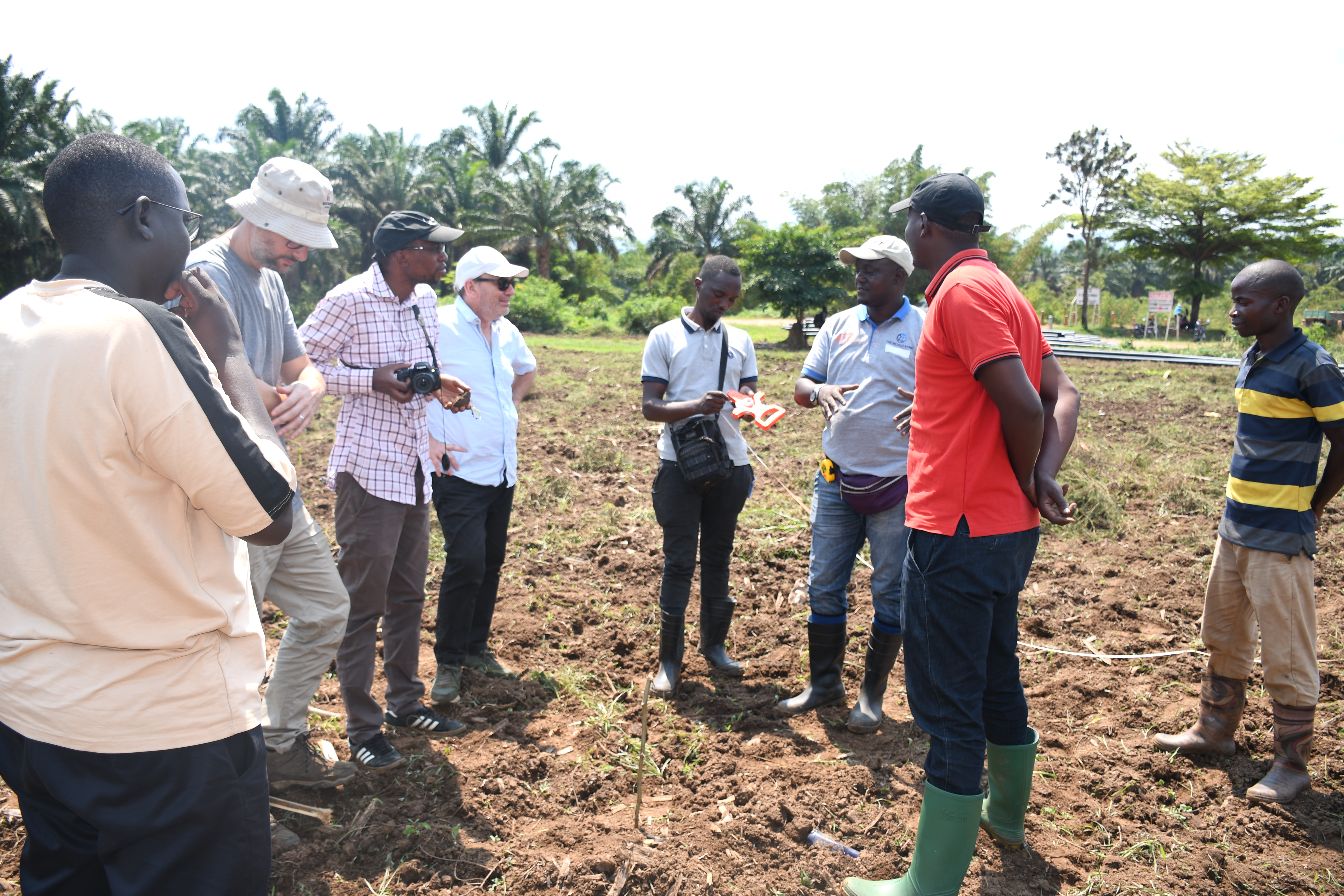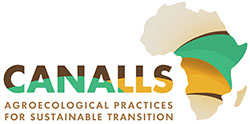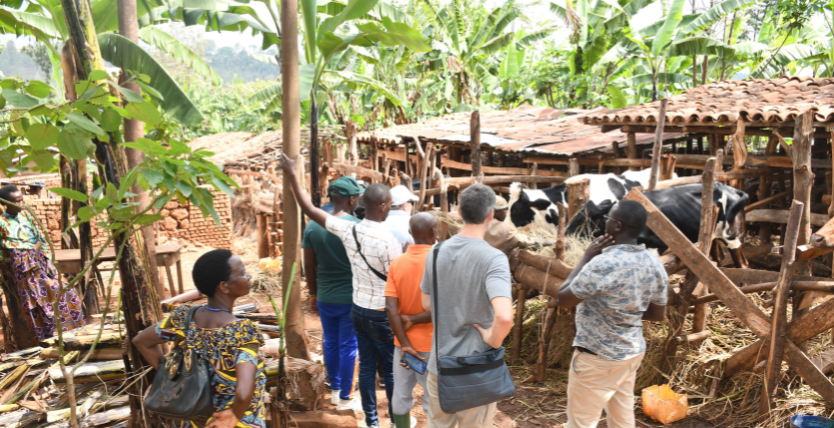In October 2024, CIRAD and ETHz representatives visited two Agroecology Living Labs in Burundi—Bujumbura and Giheta. These visits aimed to assess the ongoing CANALLS trials and gather insights to improve collaboration among partners.
What We Found at the Bujumbura Agroecology Living Lab
The first stop was in Bujumbura, CIRAD visited plots that are designated for Step 3 of the co-creation process. These trials are exploring innovative ways to fertilize crops using natural resources, like urine. However, a significant challenge arose: the delay in rainfall has postponed planting, which was initially scheduled to be completed by October 2024.
The field visits provided some key insights. Delayed rains have postponed planting. Thus, it was suggested that a local community member collect daily rainfall data to understand the impact of climate variability on the trials. Additionally, urine-based fertilization and sanitation practices are being successfully implemented. However, more work is needed to assess their economic feasibility. Once the trials yield results, two field days will be held to showcase results to farmers and stakeholders to see the impact firsthand.

Exploring Giheta Agroecology Living Lab
The next stop was the Giheta Agroecology Living Lab, where CIRAD’s team visited a cooperative washing station, met with local farmers, and examined a nearby market to assess the viability of Organic Certification.
There were concerns about the economic viability of the proposed model for organic vegetable certification in accordance with the Participatory Guarantee System (PGS), given the fact that many local farmers are practicing non-pesticide and non-fertilizer management. The target market for these organic products is mostly low-income communities, so finding a profitable strategy with NATURLAND for selling these goods is something that still needs to be examined.
Looking Ahead: What’s Next for the CANALLS project in Burundi?
The field visits to the Agroecology Living Labs in Burundi have provided a wealth of information that will help guide the next phase of the CANALLS project. To advance the agricultural trials and enhance the coordination of ALLs, it will be crucial to maintain ongoing collaboration, ensure trials are promptly initiated once the rains resume, foster effective communication among project partners, and uphold ethical standards. These steps will be key to refining the trials.



